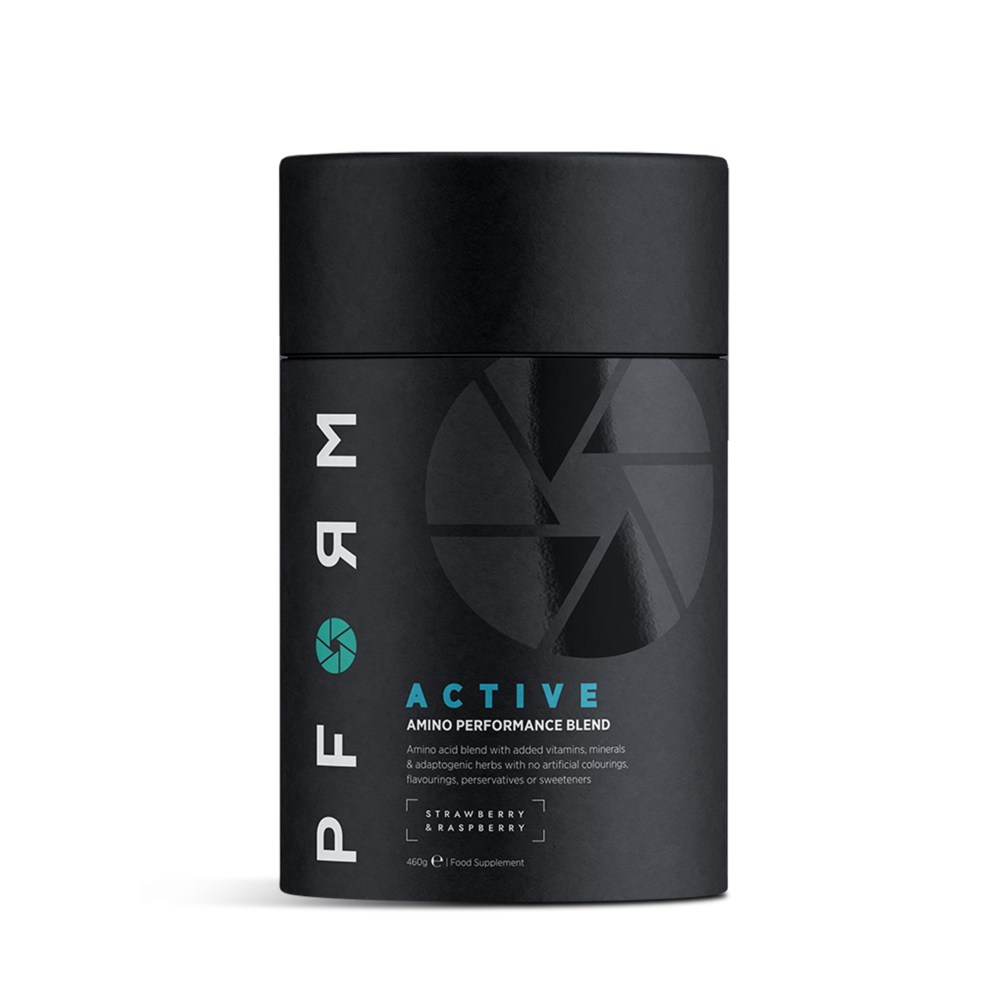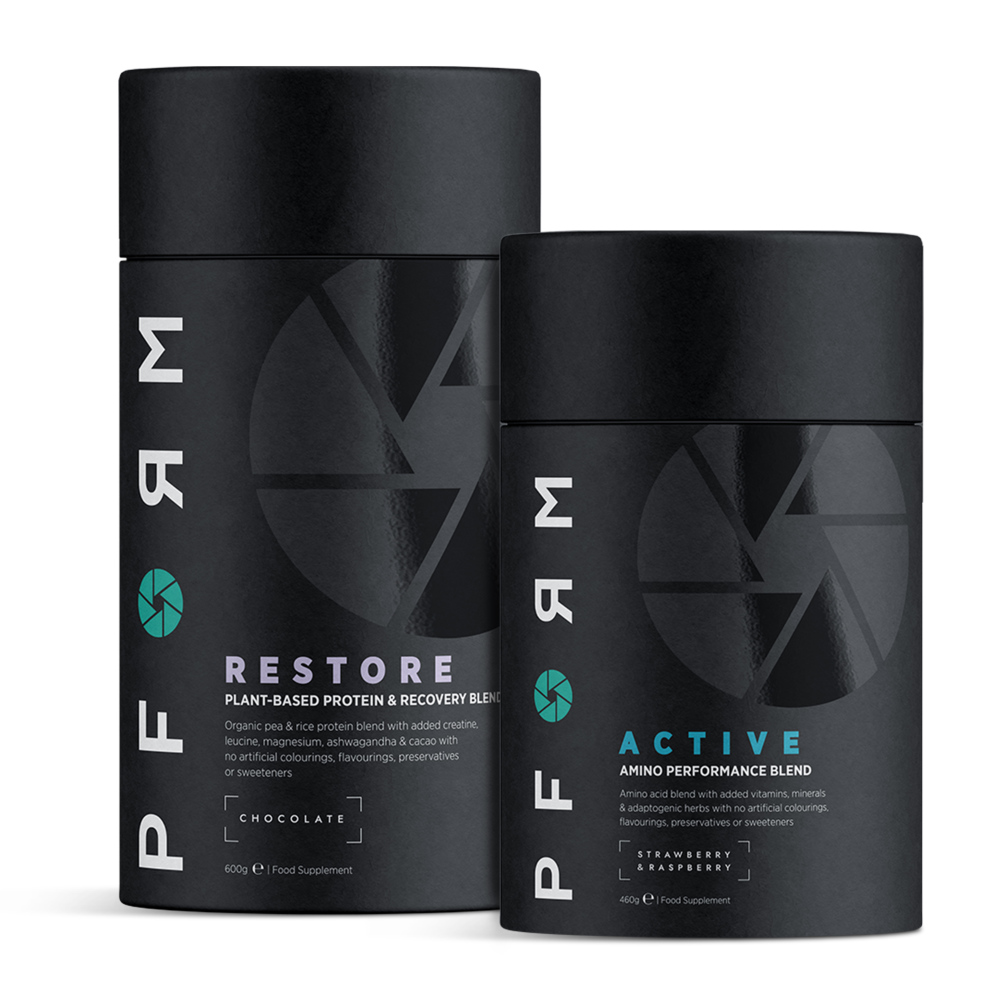
The Health and Athletic Benefits of Acetyl-L-Carnitine
Have you heard of L-carnitine or Acetyl-l-carnitine? In this review we look at what carnitine is and what some of the potential benefits of carnitine and specifically acetyl-l-carnitine are.
L-carnitine
L-carnitine is an amino acid (a building block for proteins) commonly found in meat, chicken and fish and mainly stored in the muscle. It has an important role in fat burning since it facilitates the transport of fats into the part of the cell called the mitochondria (the powerhouse of the cell) where fats need to be in order to be metabolised to make energy. Without being able to transport fat into the mitochondria, they cannot be broken down to be utilised! Therefore, carnitine plays a key role in fatty acid metabolism and the production of energy.
Acetyl-l-carnitine (ALC)
Acetyl-l-carnitine is carnitine with an acetyl group attached to it – a carbon, an oxygen and three hydrogen atoms. Unlike carnitine, it is able to cross the blood-brain barrier and promotes the synthesis of a key brain chemical (neurotransmitter) called acetylcholine (1). Acetylcholine is critical for effective communication between nerve cells and plays a key role in cognitive function, memory and motivation.
Supplementation with acetyl-l-carnitine may increase muscle carnitine stores enhancing the metabolism of fats and energy production (2,3). It may be a useful tool to boost mental and physical performance, so let’s check out the potential benefits.
Potential benefits of acetyl-l-carnitine (ALC)
Supplementation with ALC may result in the following benefits:
Improved mental performance
Supplementation with ALC may reduce fatigue and enhance attention and concentration (4). There is also experimental evidence to indicate that it improves brain function (5).
Increased mental and physical energy
Supplementation of ALC may improve physical and mental energy levels and enhance cognitive and physical function in older people (6).
Enhanced energy expenditure
Daily supplementation of carnitine over a twelve-week period may increase total energy expenditure. A comparison of cyclists with and without carnitine supplementation showed that those who received supplementation had greater energy expenditures during low intensity exercise training (3).
Weight loss: a review of multiple studies indicated that supplementation with carnitine may result in a greater magnitude of weight loss for individuals who are overweight (7).
Promote fat metabolism
Pral supplementation of carnitine may increase the oxidation of fats during low level activity (3,8). Individuals who receive daily carnitine supplementation over a 12-week period show increased expression of genes for insulin signalling and fatty acid metabolism (3).
Increased power performance
Supplementation with carnitine may enhance peak power production in conjunction with resistance training (4).
Enhanced recovery
Supplementation of carnitine may reduce markers of muscular damage post exercise and enhance the processes of muscle tissue repair and remodelling (10,11). Supplementation with carnitine may also improve the process of protein signalling necessary for optimal recovery post resistance training (12). It may reduce post-exercise muscle soreness (10,13).
Take home points
Acetyl-l-carnitine is a naturally occurring amino acid that is necessary for the generation of energy from fats and contributes to the synthesis of an important brain chemical acetylcholine.
Supplementation with acetyl-l-carnitine may enhance mental performance: reducing fatigue and enhancing attention and concentration function.
Supplementation with acetyl-l-carnitine may enhance physical performance and recovery: contributing to the production of energy production through fatty acid metabolism.
Related Products
References
- White et al. (1990). Acetyl-l-carnitine as a precursor of acetylcholine.
- Stephens et al. (2013). Skeletal muscle carnitine loading increases energy expenditure, modulates fuel metabolism gene networks and prevents body fat accumulations in humans.
- Vermeulen et al. (2004). Exploratory open label, randomised study of acetyl and propionyl carnitine in chronic fatigue syndrome.
- Kobayashi et al. (2010). Acetyl-l-carnitine improves aged brain function.
- Malaguarnera et al. (2008). Acetyl l-carnitine (ALC) treatment in elderly patients with fatigue.
- Pooyandjoo et al. (2016). The effect of (L)-carnitine on weight loss in adults a systematic review and meta-analysis of randomised controlled trials.
- Seim et al. (2002) Effects of oral L-carnitine supplementation on in vivo long-chain fatty acid oxidation in healthy adults.
- Jacobs et al. (2009). Glycine propionyl-L-carnitine produces enhanced anaerobic work capacity with reduce lactate accumulation in resistance trained males.
- Ho et al. (2010). L-carnitine l-tartrate supplementation favourably affects biochemical markers of recovery from physical exertion in middle-aged men and women.
- Volek et al. (2002). L-carnitine L-tartrate supplementation favourable affects markers of recovery from exercise stress.
- Kraemer et al. (2006). Androgenic responses to resistance exercise: effects of feeding and l-carnitine.
- Spiering et al. (2007). Responses of criterion variables to different supplemental doses of L-carnitine L-tartrate.
Walls et al. (2011). Chronic organ ingestion of L-carnitine and carbohydrate increases muscle carnitine content and alters muscle fuel metabolism during exercise in humans.


